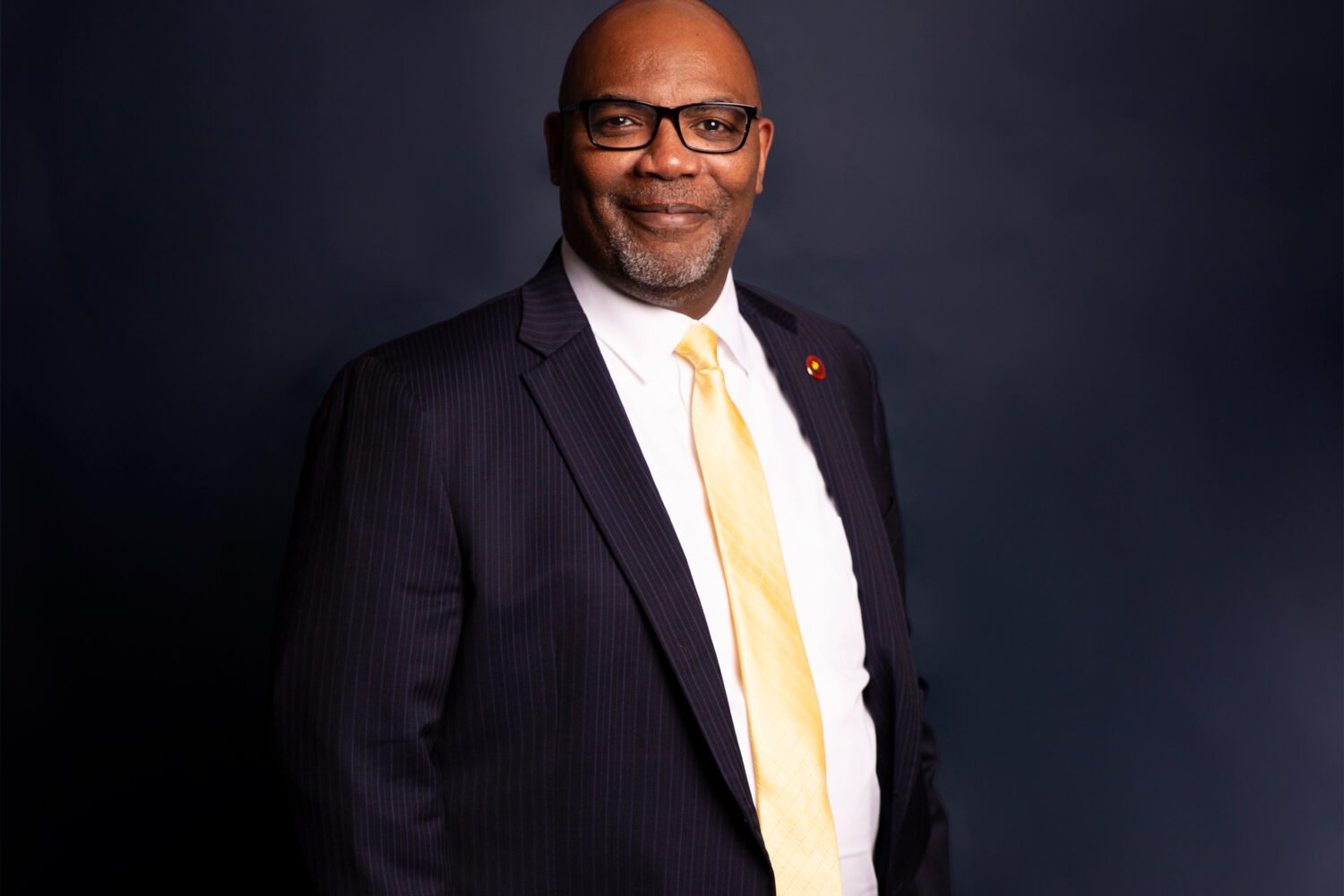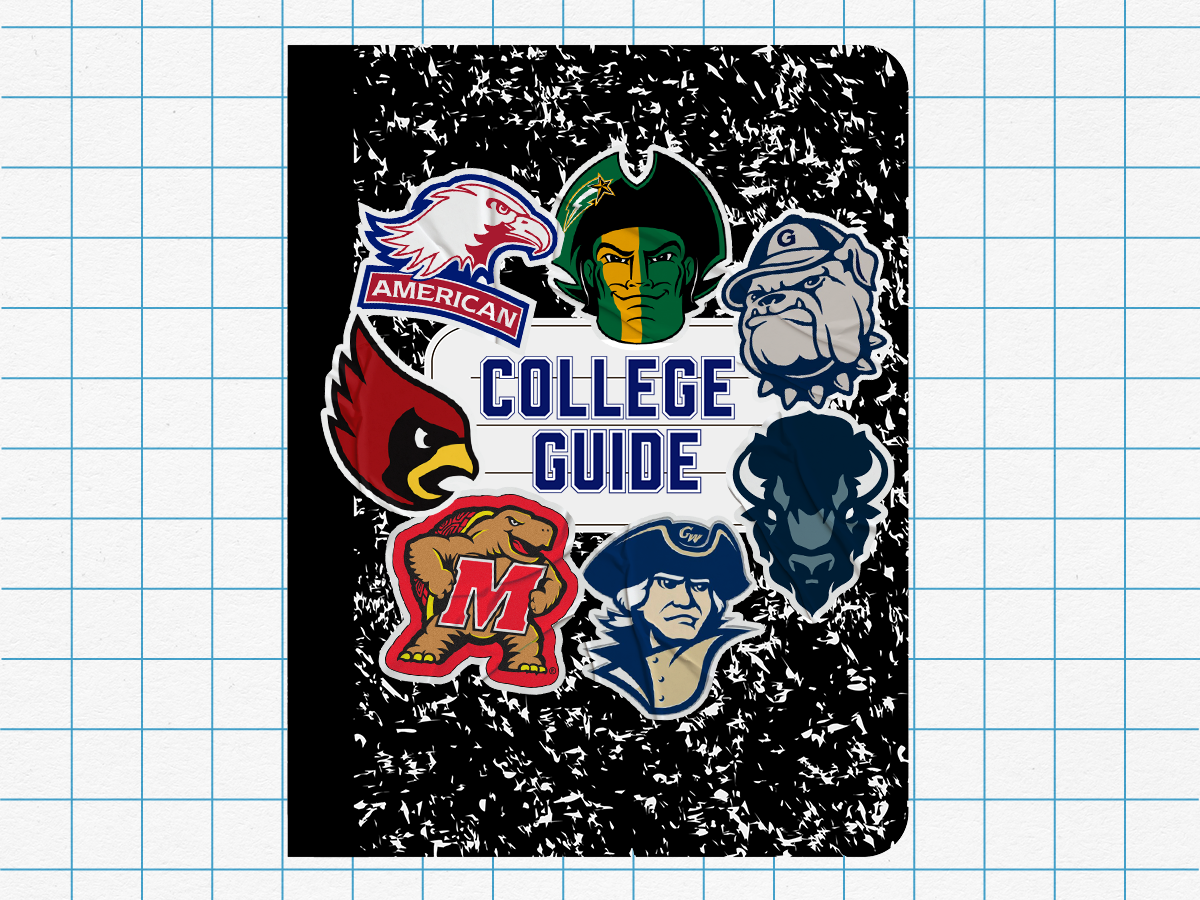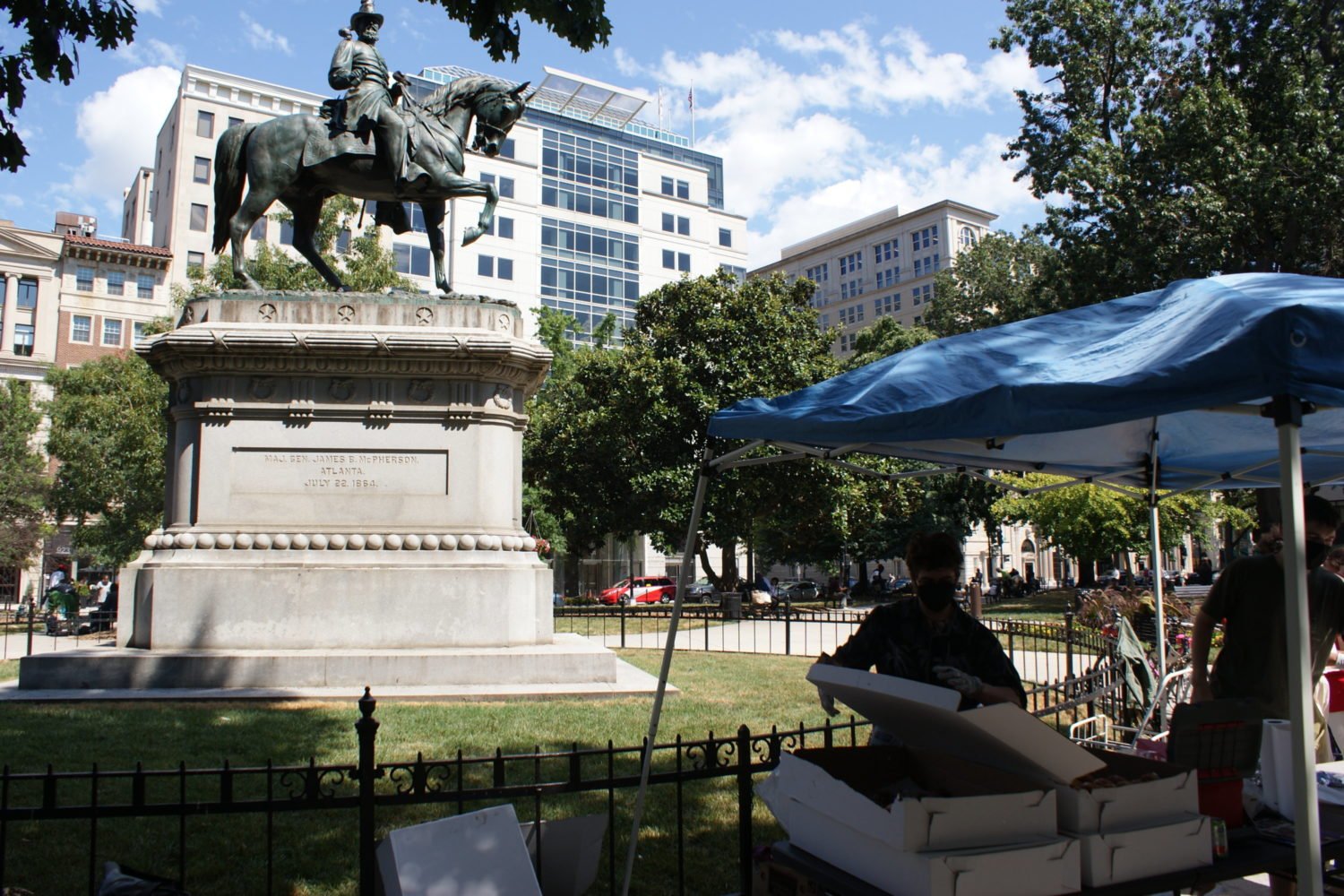Last week, the Supreme Court struck down the use of affirmative action in college admissions, making it unlawful for schools to consider race during the admissions process. We spoke to Jeffrey Selingo, journalist and author of Who Gets In and Why: A Year Inside College Admissions, about how the decision impacts college applications and the way they are evaluated.
You’ve shadowed admissions officers. You’ve been in the room where these decisions are being made. How will the Supreme Court decision change the process that happens behind those closed doors?
We’re really talking about 200 colleges here that are selective, meaning they accept fewer than 50 percent of students who apply. What’s really important here is that the Supreme Court decision on affirmative action impacts a small percentage of the thousands of colleges and universities out there. First of all, admissions deans in these offices are constantly paying attention to the numbers: Who’s applying, who’s getting accepted, who’s being waitlisted, who’s being denied, who’s actually enrolling. And they’re looking at these numbers in many different ways: They’re looking at gender, they’re looking at geography, and they’re looking at alumni status, legacy status. So they’re constantly trying to craft a class, and up until now that has included race and ethnicity.
Second, admissions readers won’t know during the evaluation process the race or ethnicity of the applicant, at least in a very apparent way, meaning the race and ethnicity has been revealed to them on the application. Now, there are many, many other ways to assume the race and ethnicity of the of the applicant. Students might make reference to it in their essay, teachers and counselors may make reference to it in their recommendations.
I think the third big way is that test-optional admissions, which at the selective schools really came into being during the pandemic, is now here to stay. And why is that? Because we’ve seen over the last couple of years that schools that went test optional have seen their number of applications increase, including their applications from underrepresented students. And without a test score from everybody, it makes it much harder for these lawsuits going forward. Most of these lawsuits around affirmative action have relied in part on having test scores for every applicant.
How does this decision impact which parts of an application are emphasized in an admissions decision?
I think institutions will lean more into the high schools. High schools are heavily segregated—college admission officers know that. They may not only encourage applications from high schools that historically haven’t sent a lot of applications and are heavily made up of underrepresented students, but they might look more closely at those high schools. Without test scores, the most important thing in the application then becomes the high school transcript, meaning the grades and courses that students take, and so they will be leaning into these high schools.
How does this decision impact students who are not applying to those selective universities?
It’s unclear at this point. I think what may likely happen is that some institutions may use this decision to drop racial and ethnic preferences around scholarships and other financial aid programs that they might fear are open to legal scrutiny. Other institutions might drop pre-college programs that are set aside for underrepresented students. So in other words, even if they’re not practicing selective admissions, they might be using race as a factor in other things. I think that some colleges may not have the appetite to be challenged on these programs, and they might drop the racial component of those as a result of this case.
As part of this conversation, are you seeing any movement away from legacy admissions?
There is going to be a big push now, I think, to have them do away with legacies in admissions. We’re seeing a lot of pressure for colleges and universities that—in the aftermath of the Supreme Court decision reaffirmed their commitment to diversity in statements—but yet have not said that they’re going to do away with legacy admissions, even though the data show that legacy admissions does tend to favor white, wealthier applicants.
This interview has been edited for length and clarity.



















